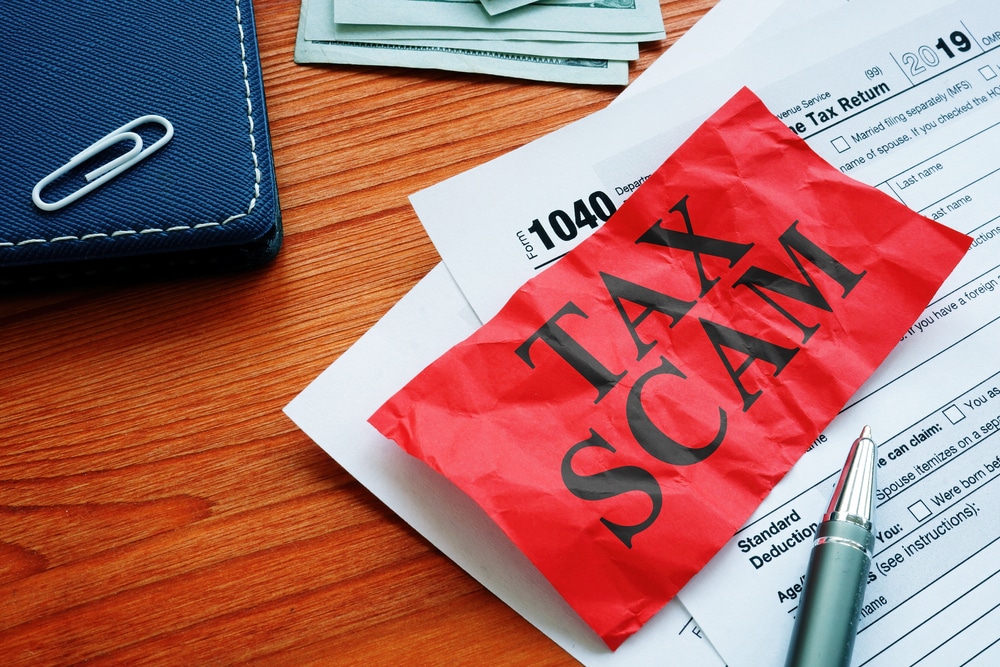Tax season is on, so are the scammers

The Better Business Bureau (BBB) recently issued a statement confirming that it is the busiest time of the year not only for the IRS, but also for bad actors trying to scam their way into people’s tax refunds. According to the BBB, the earlier you file your taxes, the lesser the chances of someone stealing your identity and claiming your tax returns. Unfortunately, a high percentage of everyone filing leave it for the last moment -- which will be July 15 this year -- and these are precisely the people scammers are targeting.
During tax season, many Americans wait on hefty refunds from the government. According to a survey done by NerdWallet, more than two out of five people said they prefer to overpay their taxes and get a refund. When scaled up to a national level, this means that the IRS is currently issuing refunds to staggering 80 million people. With major data leaks observed over the previous years, we’ve seen that scammers can quickly complete the puzzle of a person’s identity and get access to their cash. So, what are the top tax scams going on at the moment?
Phone scams
The number of robocalls have been increasing over the years and is currently acknowledged as a significant problem by all US wireless carriers. The calls have become completely unavoidable and have been flooding phone networks with fraudulent and spam calls. The best way to avoid getting scammed is to ignore the calls if they come from an unrecognized number. If you end up talking with someone claiming to be from the IRS, hang up and dial the IRS back on 1-800-829-1040 to verify it. If legitimate, they should be able to reference the conversation. When you initiate the call, you know that you are speaking with the right agency and not a scammer.
Email scams
The IRS has been warning taxpayers for years that criminals develop impersonation scam campaigns that spread nationally in the form of emails. Americans need to know that the IRS does not send unsolicited emails, and never emails taxpayers about the status of refunds. So, if you get an email asking you to fill in a form requesting your name, social security number, and address, you most likely are giving away your sensitive information to a hacker who would then use the same information to go to the real website and try to claim your tax refunds or commit other types of identity theft. If you want to report scam emails, you can forward the suspected fraudulent emails to [email protected].
Fake tax preparers
Scammers offer free tax-filing services that would trick you into sharing all your tax information, only the tax refund money won’t go to you, but a hacker based on the other side of the world. It is recommended for people to use trusted tax accountants if they want to make sure personal data is handled correctly and their tax refund reaches them instead of a scammer. If you are unable to work with a professional, there are other options that the BBB recommends that are free of charge. Filers can go to the IRS’s Free File to determine if they meet the requirements needed to take advantage of those programs.
Cybercriminals have tens of millions of potential targets in the US alone. These scammers are money-driven individuals willing to do anything to get your personal information and cheat you out of your tax return. Having a reliable cybersecurity solution prevents you from opening scam emails, but also notifies you that you’ve been targeted. Having the right level of protection on your devices is the difference between being a victim of a hack and going on that dream vacation you’ve been planning.
Photo Credit: Vitalii Vodolazskyi / Shutterstock
Rui Lopes is Director of Sales Engineering and Support, North America, Panda Security.
